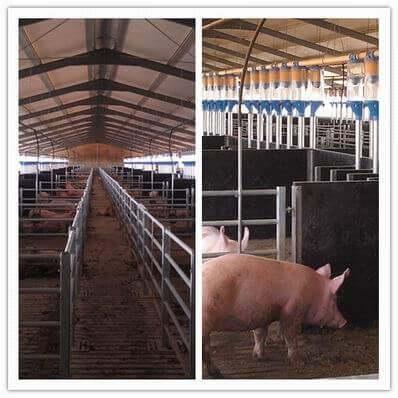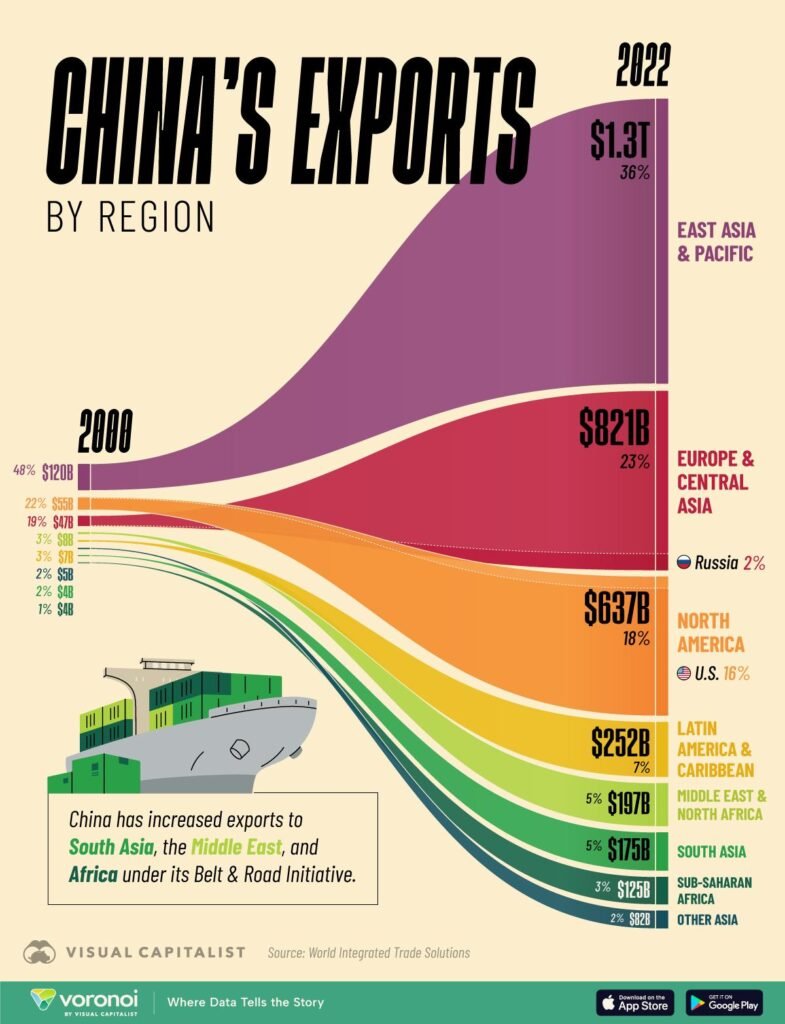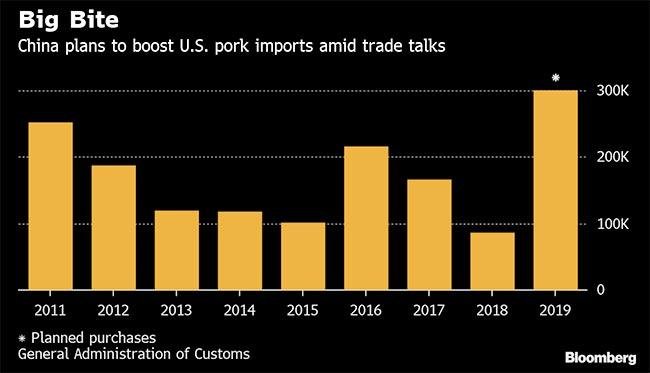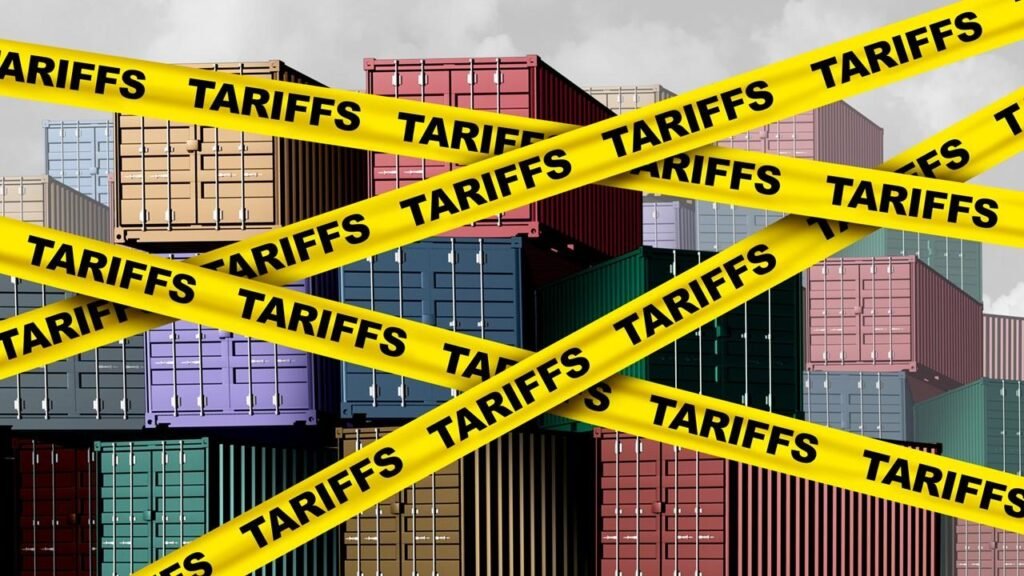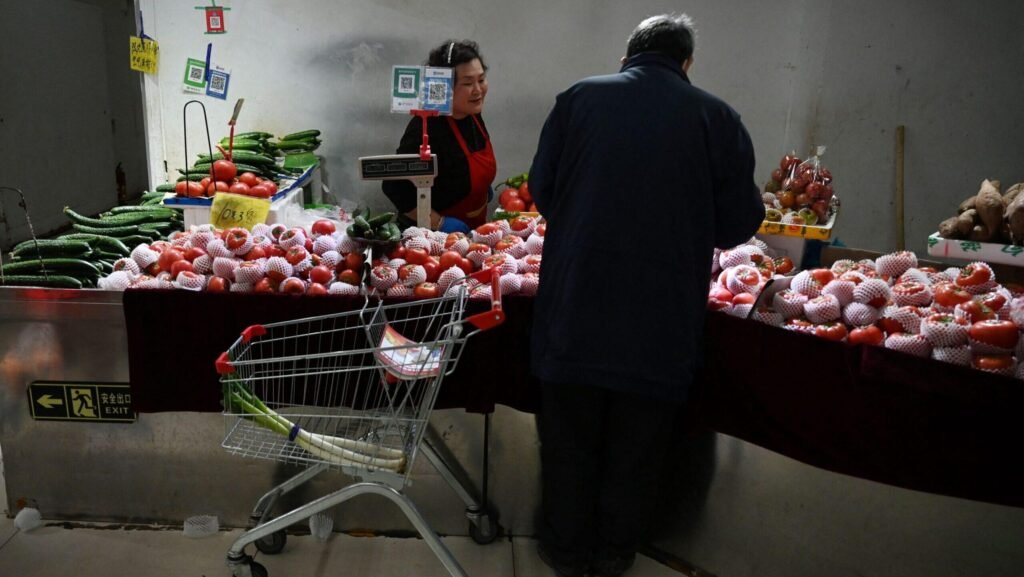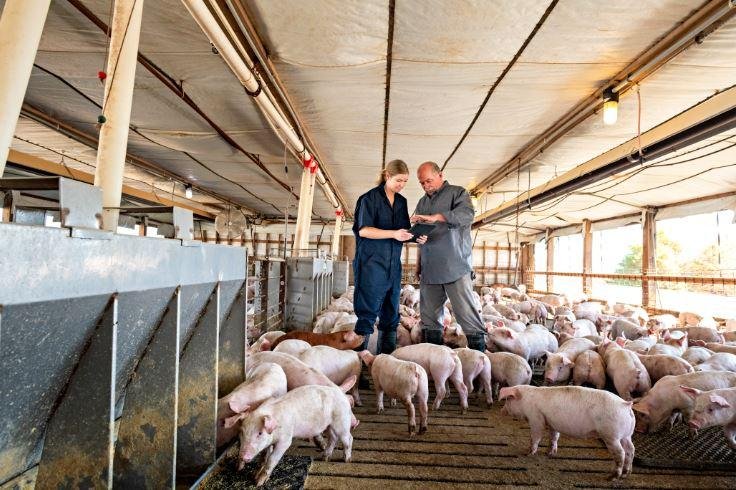American pork exporters grow increasingly anxious. The complex relationship between South Africa and the United States regarding pork trade continues to generate significant apprehension among domestic producers who worry their interests might become secondary considerations in the broader diplomatic chess match between the two nations.
The African Growth and Opportunity Act (AGOA), established in 2000, has served as the blueprint governance for trade relations between the United States and 32 African countries, providing these nations duty-free access to American markets for over 1,800 goods and products. The arrangement operates under a fundamental premise – reciprocal reduction of trade barriers. Yet South Africa’s implementation has raised eyebrows within the pork sector.
For years, South African authorities maintained stringent limitations on American pork products through what U.S. officials characterize as unscientific health requirements. These constraints created a fog of uncertainty hanging over hog farmers, particularly those in Iowa and North Carolina – states ranking first and second respectively in national pork production. The restrictions persisted despite the pork industry supporting upwards of 600,000 American jobs and generating vast economic benefits throughout the supply chain.
Back in January 2016, negotiations concluded between the two countries regarding the importation of poultry, beef and pork from the U.S. to South Africa. The breakthrough came after South Africa risked forfeiting AGOA benefits when they missed the December 31 deadline for import agreement. At that time, Agriculture Secretary Tom Vilsack welcomed the development as “good news for American farmers, ranchers and poultry, pork and beef companies.”
But subsequent progress stalled. Reports indicate persistent barriers remain despite earnest engagement from both U.S. government representatives and industry advocates. The obstinate stance taken by South African authorities has triggered frustration within domestic production circles that once harbored optimistic visions for market expansion.
Recent developments suggest additional complications. South Africa now contends with a 31% tariff and claims AGOA preferences have been essentially nullified. This position potentially endangers the entire framework of trade relations, creating ripple consequences extending well beyond agricultural sectors.
Economic Stakes and Industry Impact
The financial architecture of this dispute reveals staggering dimensions. In 2023, American farmers produced more than 27 billion pounds of pork, accounting for approximately 11% of global production and cementing the nation’s position as the third largest pork producer worldwide. Export markets prove particularly lucrative, with nearly 30% of production shipped overseas, contributing an additional $65 in value per hog.
Farmers who invested heavily in production capacity face an uncertain horizon. Market access fluctuations create ripple effects backwards through the supply chain, affecting everything from feed prices to equipment investments. “We’ve watched this situation decline swiftly,” remarked one industry veteran who requested anonymity. “Production decisions made today reflect market realities three or four years down the road.”
The trade tension arrives at an especially inopportune moment for domestic pork producers already navigating changing consumer preferences and environmental scrutiny. Feed costs have maintained elevated levels while regulatory frameworks continually evolve, squeezing margins from multiple directions.
Industry representatives have repeatedly stressed the importance for upholding fair trade principles within which American producers might compete on even terrain. The perceived inequity of South African businesses enjoying preferential access to U.S. markets while American pork faces substantial barriers has generated significant resentment among producers.
Diplomatic Balancing Act
Recent talks between trade representatives reveal complex geopolitical considerations that extend beyond agricultural products. The negotiations don’t exist in vacuum isolation but rather function as one aspect of broader economic diplomacy.
South Africa’s stance appears partially motivated by domestic political considerations and protection of local industries. American negotiators must carefully weigh pushing too forcefully against maintaining cooperative relations in other strategic domains.
As AGOA approaches its 2025 review deadline, stakeholders on both sides recognize the pivotal moment at hand. Unlike previous negotiations, the current climate reflects a changing global order where traditional leverages hold diminished sway. The diplomatic dance continues with uncertain rhythm, leaving pork producers wondering if they’ll be left holding an empty dance card.
The situation resembles a high-wire act with no safety net in sight. Bilateral discussions continue behind closed doors while farmers watch markets and weather reports with equal anxiety. Time will reveal whether the industry’s concerns represented justified caution or merely crying wolf in an increasingly complex global marketplace.

